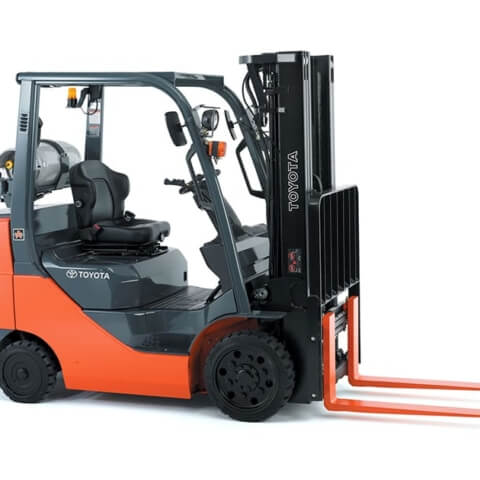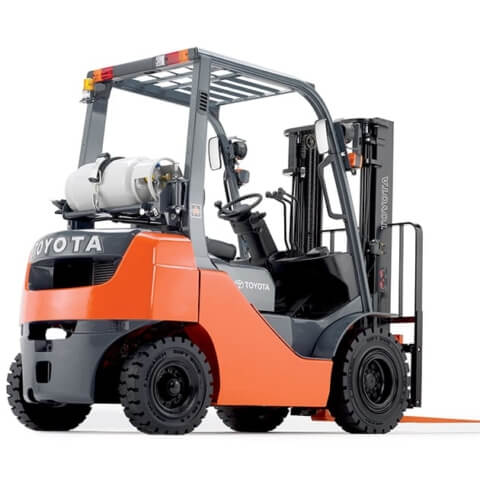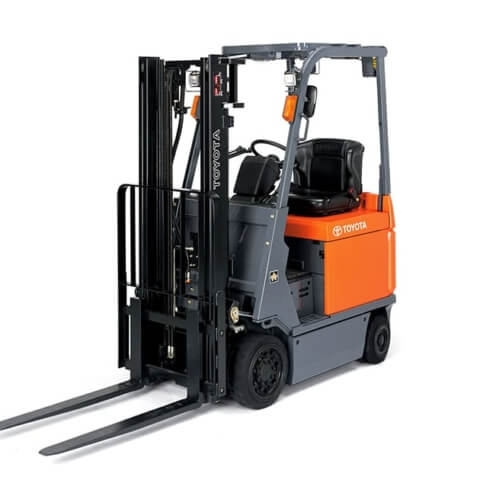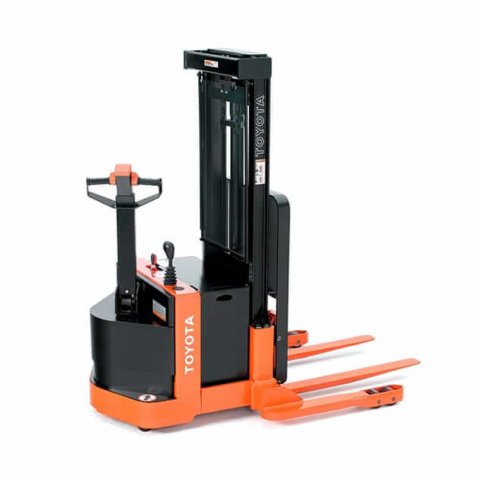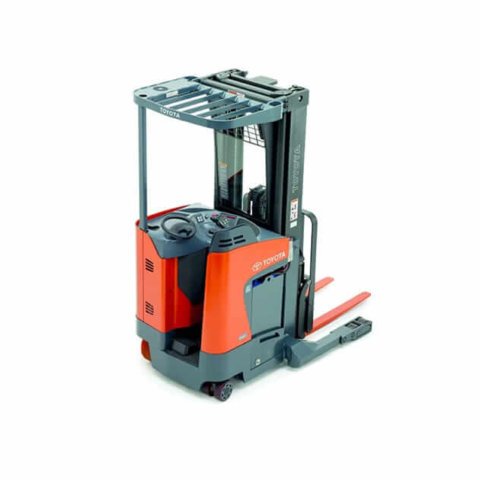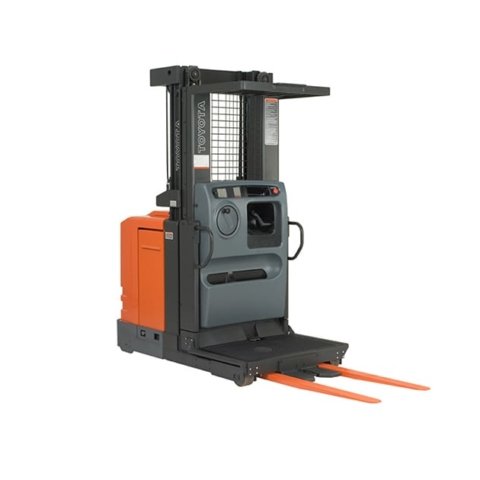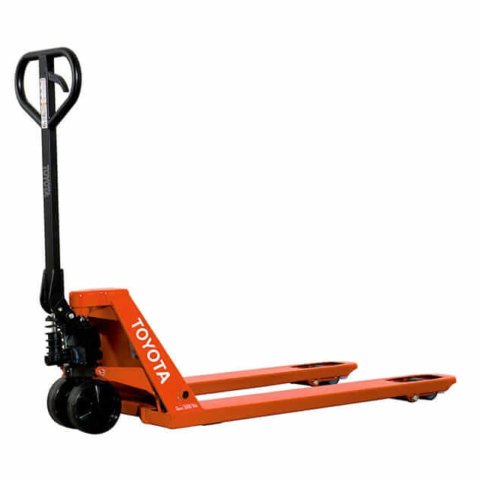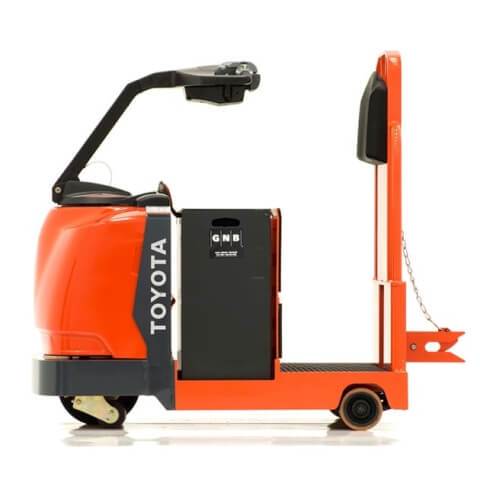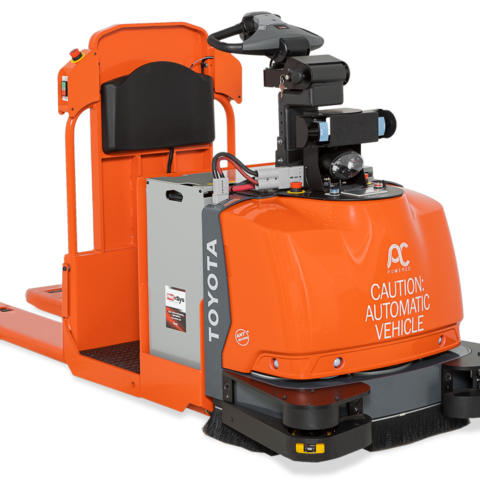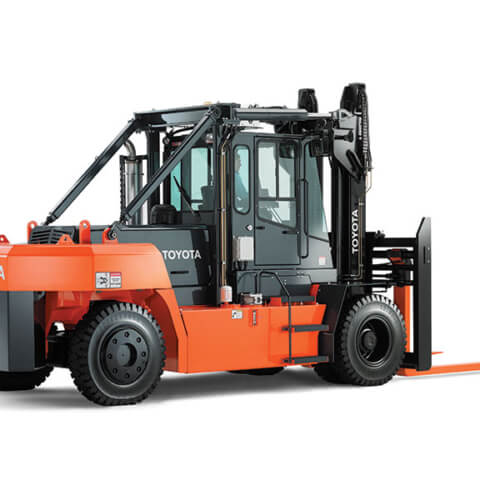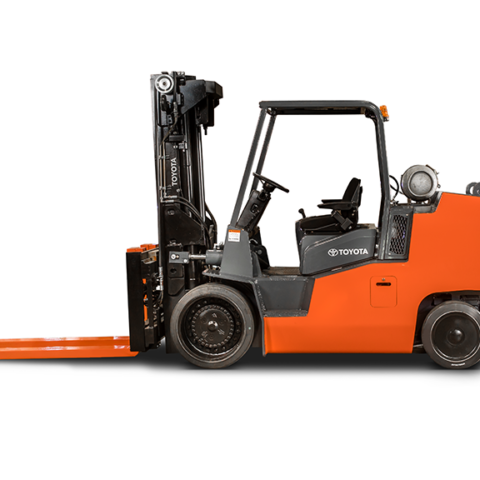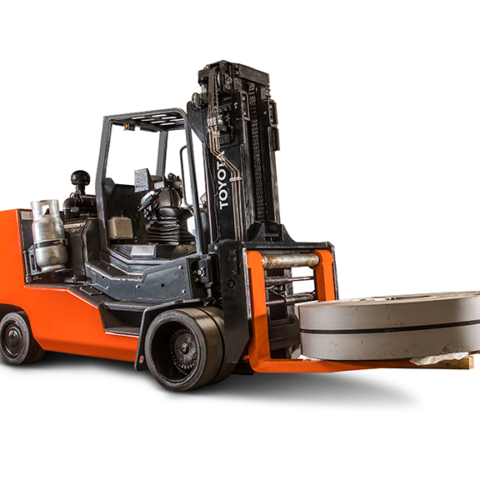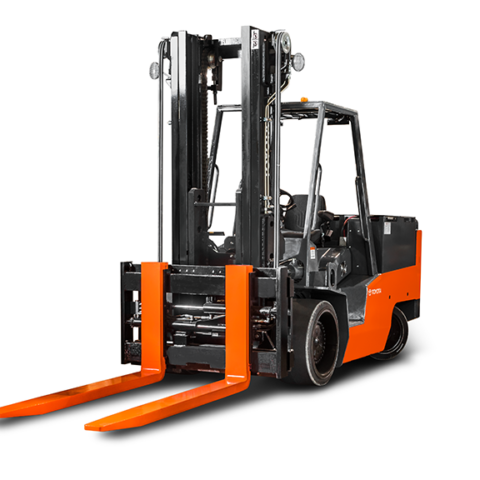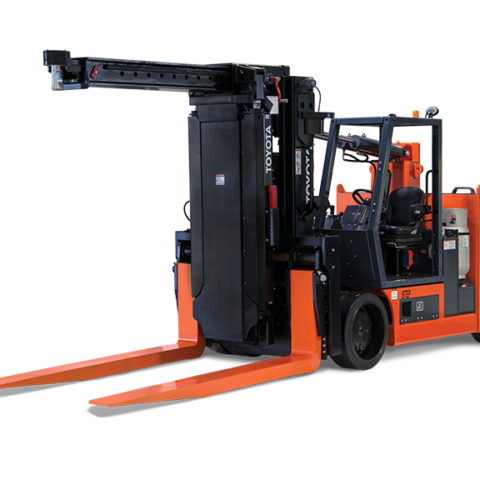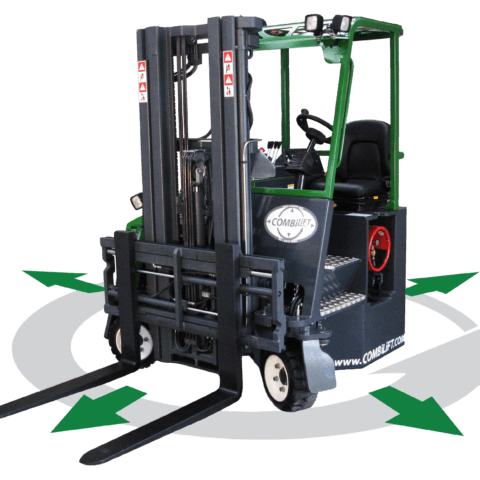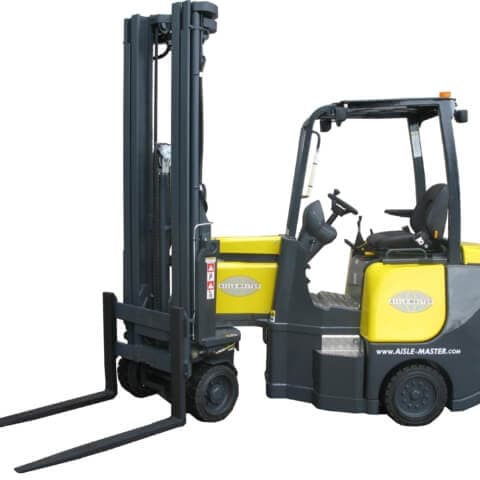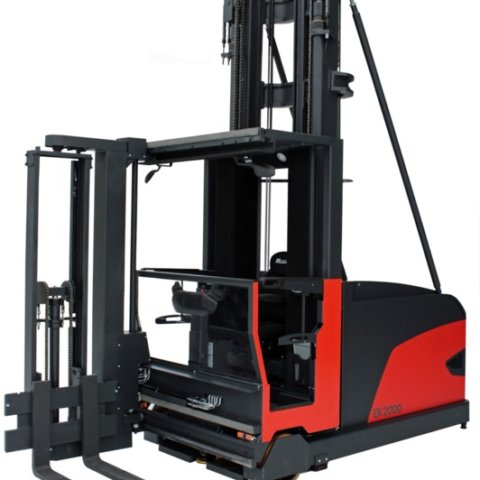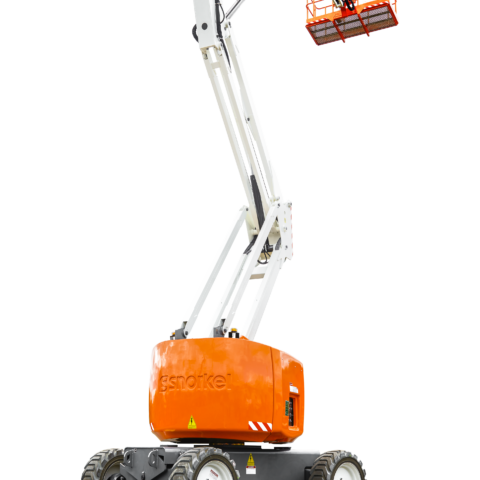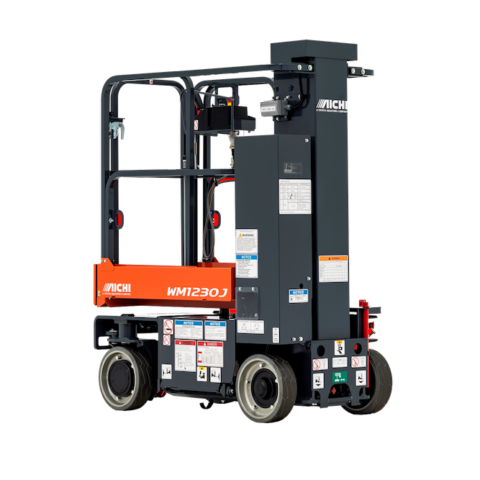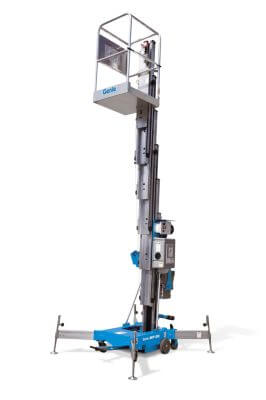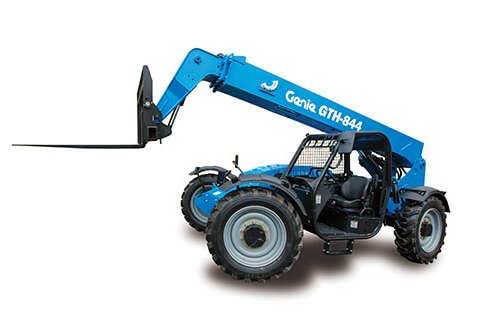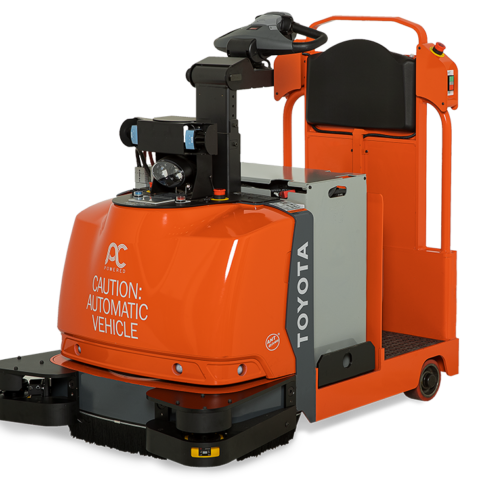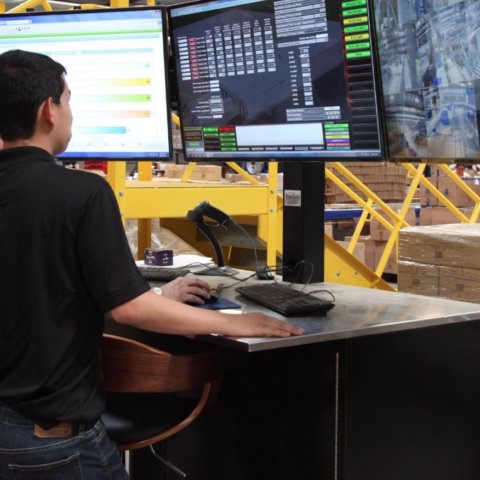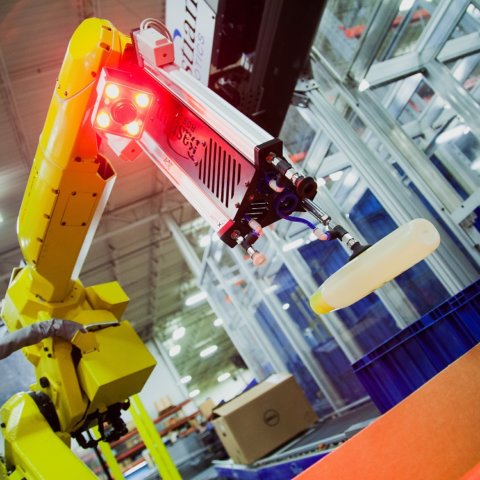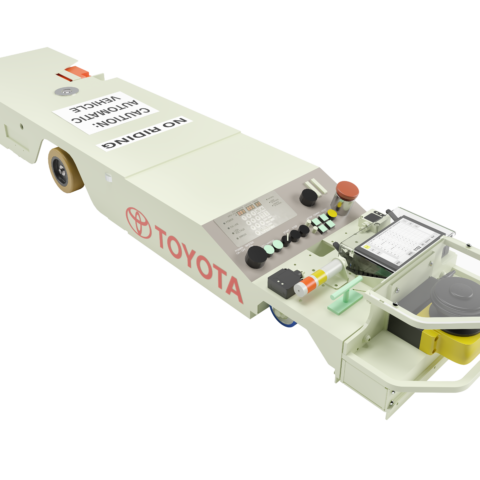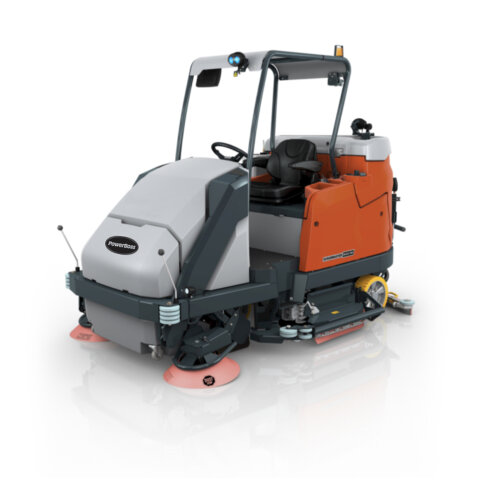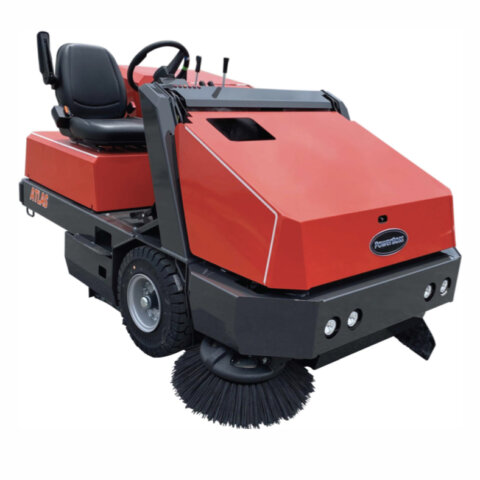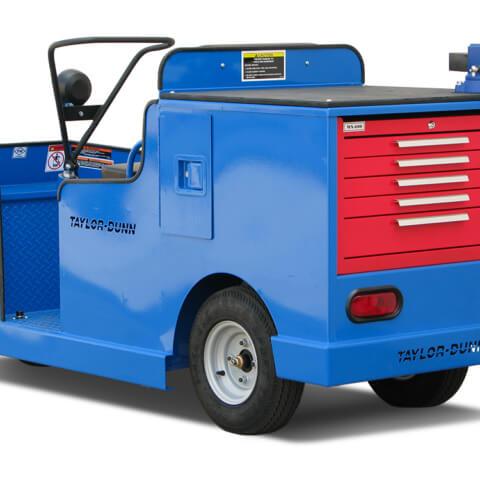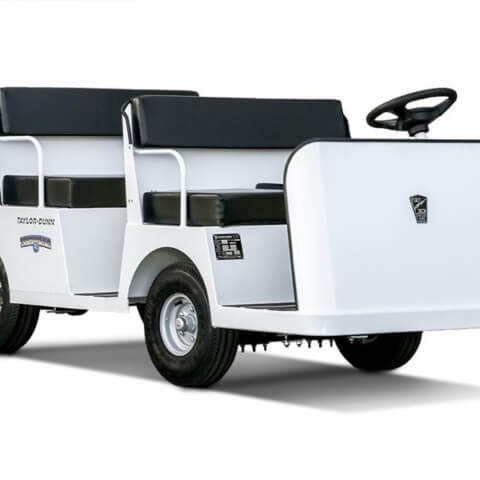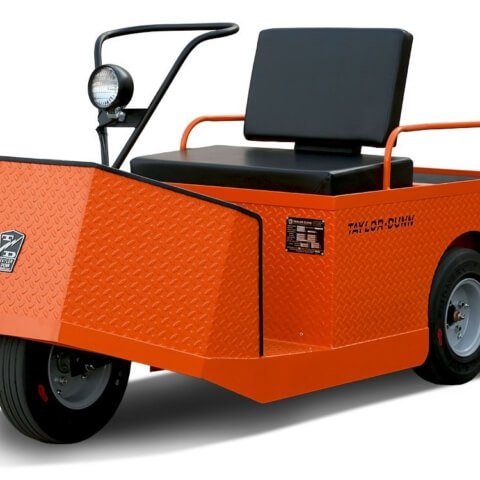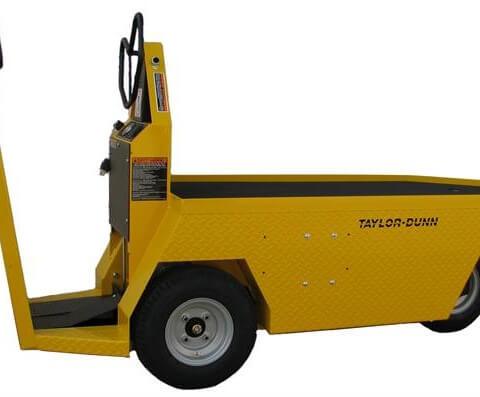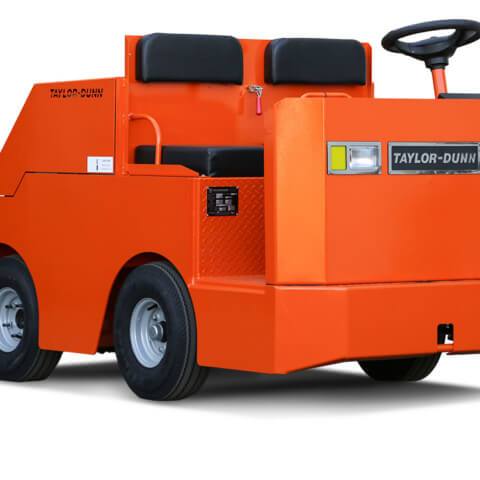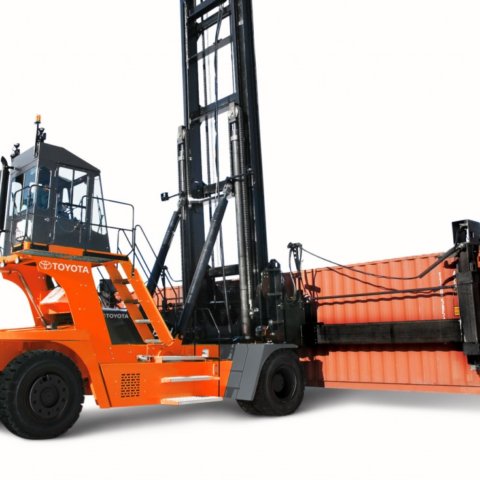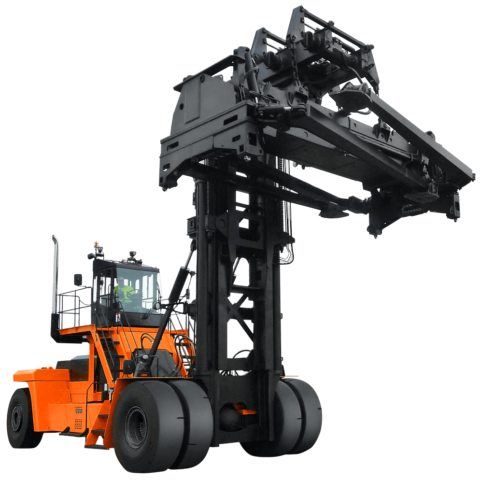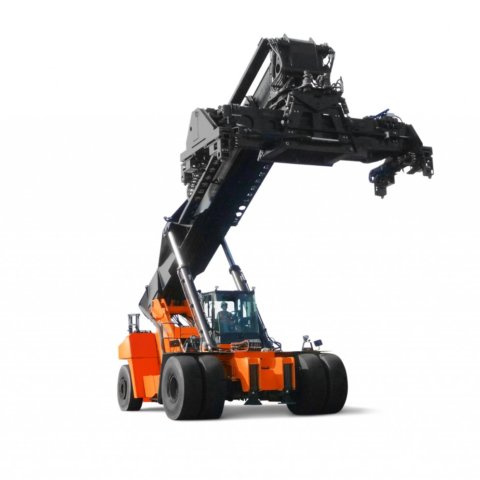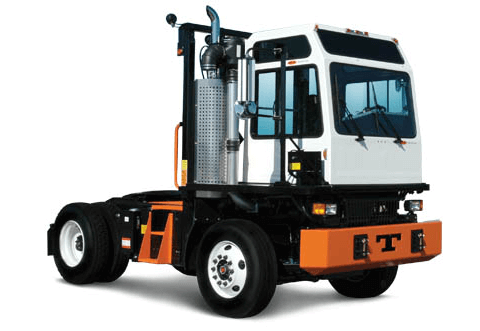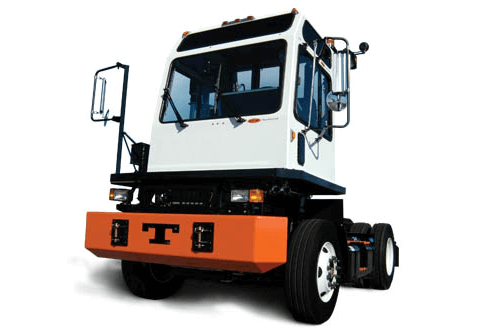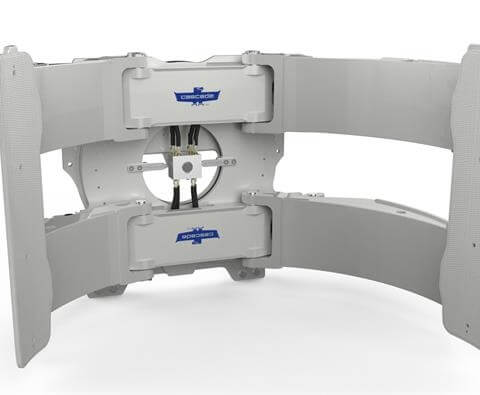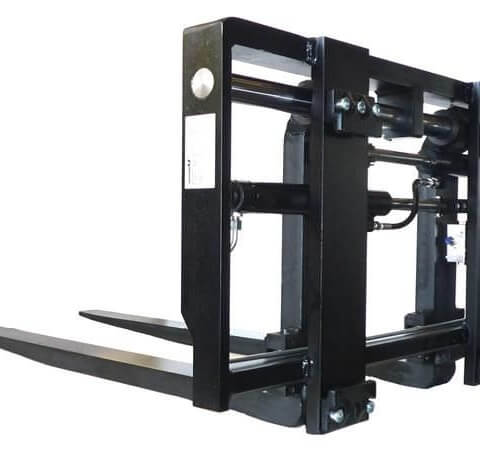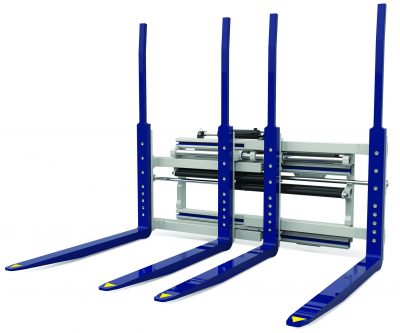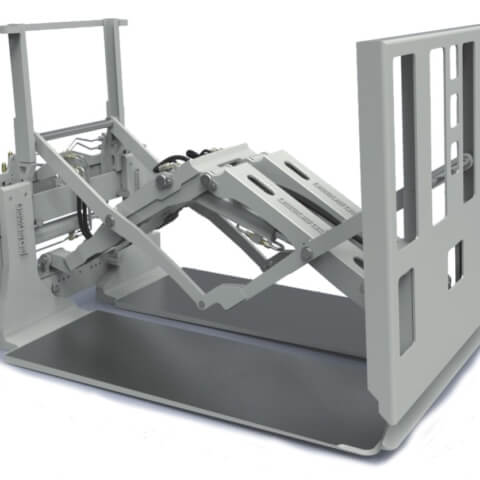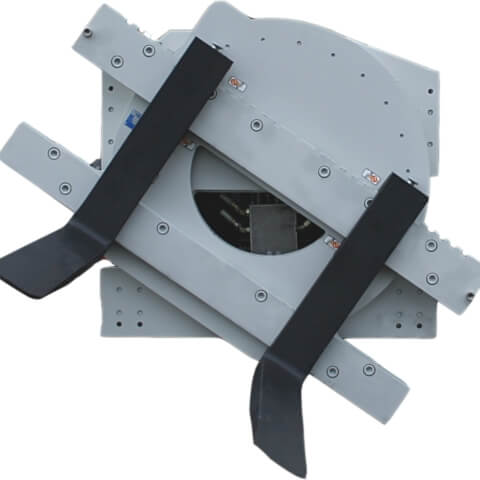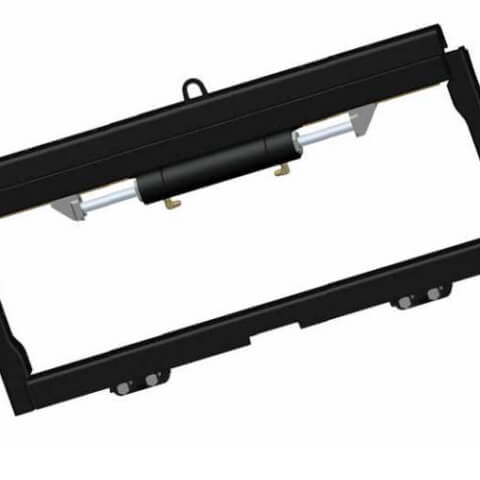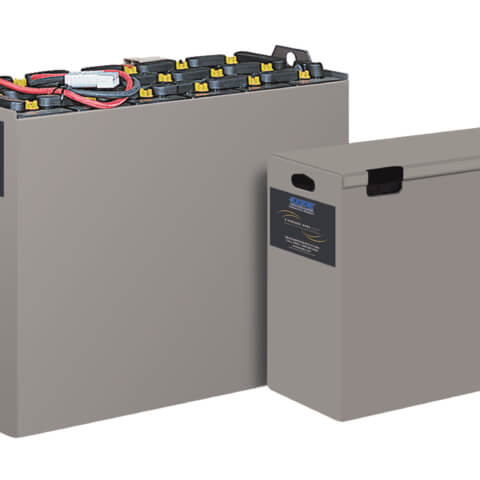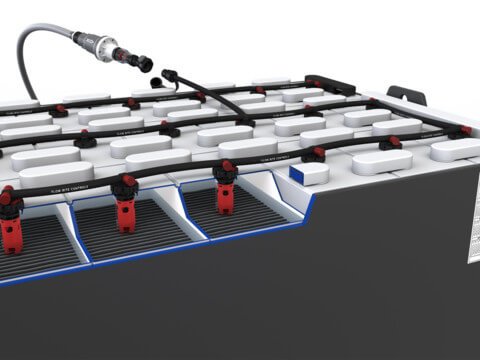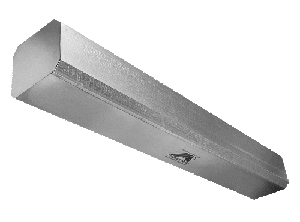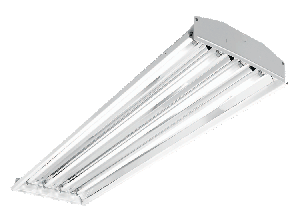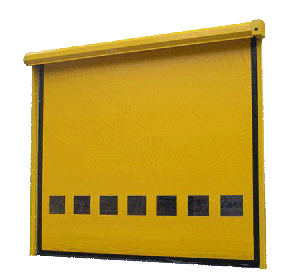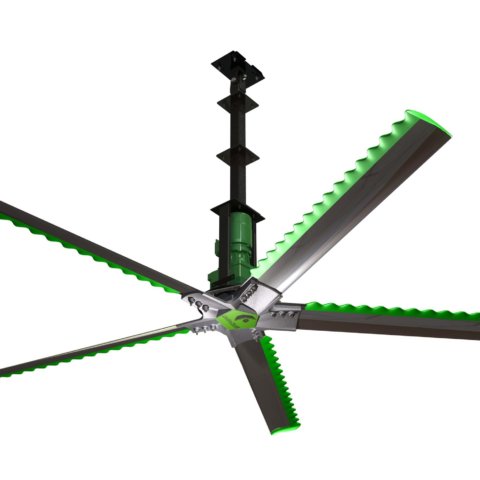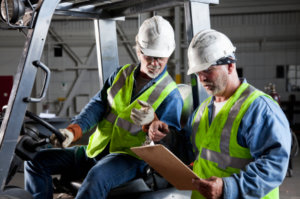
As a full-service forklift dealership, ProLift offers forklift operator safety training. Contact a Safety Specialist for details! REQUEST QUOTE
Why do we conduct forklift operator training every 3 years?
Things change with technology, facilities, materials, processes, laws, standards, and forklift equipment. Unfortunately, we human beings change over time too: eye sight, eye-to-hand coordination, motor skills, memory and cognitive capability.
Forklift Training: Training and Evaluation
Changes require training and evaluation. We must allow operators to ask questions to ensure they understand new processes, equipment and information. Operator hands-on performance must be evaluated to confirm physical and mental capabilities for operating heavy equipment. As a companion, many states require an eye test before renewal of a driver’s license to test for poor eyesight and depth perception, which is important when loading product onto pallet racking.
Forklift Training: Coaching and Motivation
Forklift operators need coaching and motivation. On average 65,000 to 80,000 serious forklift-related accidents each year result in 100 fatalities in the United States. Statistically, operators are more likely to injure or kill a co-worker with equipment than they are to injure or kill themselves. It is vital to identify bad habits and promote the idea of commitment to building forklift operator skills. An operator can be proud of his or her driving skills in the same way a skilled guitarist would be proud of his or her musical ability.
To achieve safety success, we need the whole team to succeed. If a basketball coach concentrates only on his starting players, the rest of the team might suffer as a result of the coach’s neglect. The same logic can be applied in a warehouse setting. All operators, experienced or new, deserve to be consistently trained and made aware of safety hazards.
Want to learn more about forklift operator training? ProLift can provide safety training options for your schedule and budget.
Contact Safety Specialist
